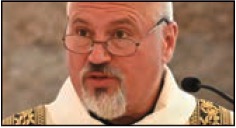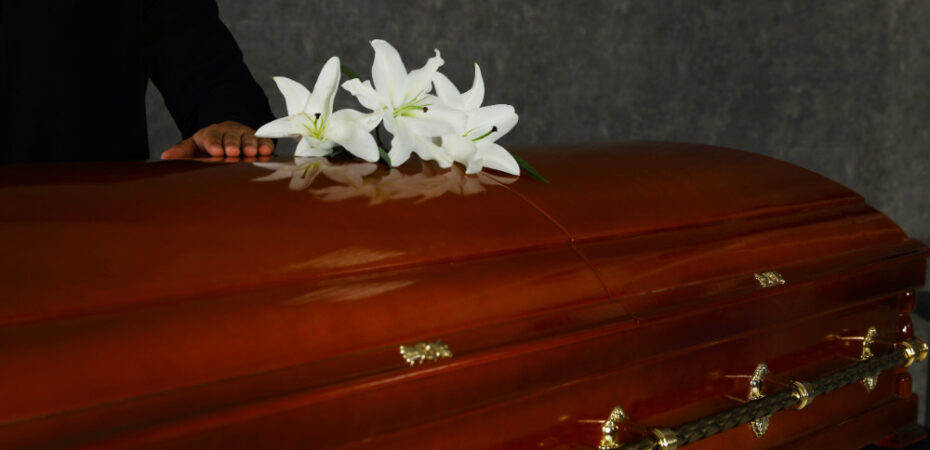Diaconal Relationships Surrounding the Hour of Death
Funerals can spark evangelization and faith
Deacon Steve Kramer Comments Off on Diaconal Relationships Surrounding the Hour of Death
 “Merciful Lord, you know the anguish of the sorrowful, you are attentive to the prayers of the humble. Hear your people who cry out to you in their need, and strengthen their hope in your lasting goodness.” These powerful words in the Rite of Committal are quite familiar to priests and deacons. Every time a body is placed in the ground or ashes are interred in a columbarium, I recall the relationship I’ve had with the deceased and perhaps with their families.
“Merciful Lord, you know the anguish of the sorrowful, you are attentive to the prayers of the humble. Hear your people who cry out to you in their need, and strengthen their hope in your lasting goodness.” These powerful words in the Rite of Committal are quite familiar to priests and deacons. Every time a body is placed in the ground or ashes are interred in a columbarium, I recall the relationship I’ve had with the deceased and perhaps with their families.
Every death is unique, and the circumstances surrounding it are different. Often enough, as deacons, we may be asked to preside at a wake or funeral service for someone we didn’t know at all. Other times, the deceased is someone we have known for years, and we may have a close relationship with the family, too.
In some ways, it is easier to prepare a homily for someone we have had a relationship with because we know their spirituality and involvement in the Church, work background and other outside interests. However, we may not be familiar with the family of the deceased and what is important to them. Perhaps the children of the 80-year-old man who just died rarely come to Mass anymore. Whatever their situation, we cannot minister to them unless we keep our ears open: “Hear your people as they cry out to you in their need.”
When sitting with grieving families (especially those I don’t know) before the funeral, I have always found it important to ask whether the deceased went to church regularly or had a Bible verse particularly significant for them. If so, it may be used for the holy card from the funeral home. If not, listen closely to the family members. That conversation will guide you to choose an appropriate passage.
The new 2021 National Directory for the Formation, Ministry, and Life of Permanent Deacons notes that “fundamentally, however, there is an intrinsic unity in a deacon’s ministry. In preaching the Word, he is involved in every kind of missionary outreach” (No. 41).
At a funeral or wake service, no matter how unfazed or ambivalent some of the mourners may seem, when someone sees their parent, sibling, best friend or co-worker in the casket, they confront their own mortality. It is at this moment we need to bring a word of hope and trust in Jesus Christ, because at that moment they will listen! Funerals can spark evangelization and faith.
If we’ve had a relationship with the deceased, we can honestly say that “Jack” was nourished at the table of the Lord. If he never went to church, it would be dishonest to say so. However, Jack may have lived a real Gospel way of life, loving God and neighbor even though he did not come to Mass regularly. Either way, it is important to know where the deceased and their relatives are coming from, so we can craft a message to bring God’s healing presence to that family.
Sometimes, our only relationship with the deceased might have been a conversation just before their death. It may have been a revelatory moment for the person, a need to reconcile with a family member, or a desire to convey gratitude and appreciation for their loved ones. That moment is sacred, holy. That dialogue may make all the difference in evangelizing the congregation at the funeral. Then we can bring people to turn to and trust the Lord in their hour of need.
“Hear your people who cry out to you in their need.”
DEACON STEVE KRAMER, D.Min., is director of homiletics and associate professor of pastoral studies at Sacred Heart Seminary and School of Theology in Hales Corners, Wisconsin.





